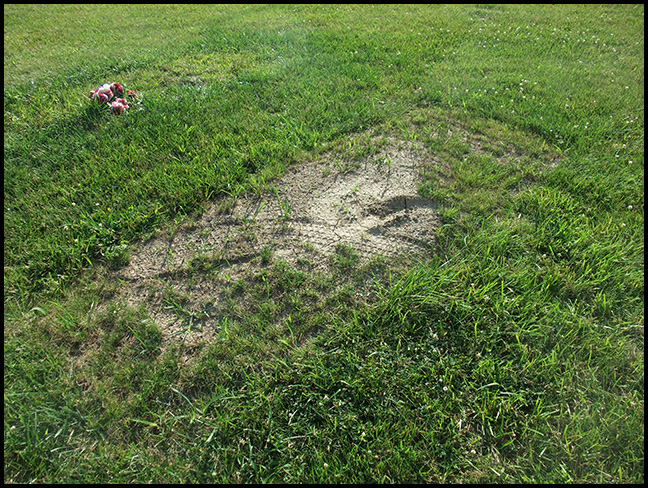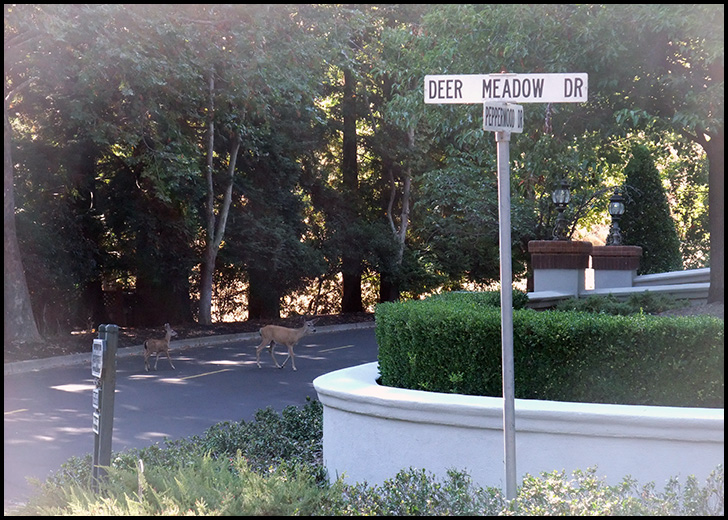
|
2018.08 minutiae
|
 |
|
|
 |
|
I received an email from a reader who wanted to weigh in on my article from a few months back about a scene in the comic book Giant Days. To recap, a student at the University of Sheffield is looking for an apartment. We see a montage of terrible places: one is the size of a coffin, one is a criminal’s hideout, one is across the street from a slaughterhouse, one is haunted by a “periodic evil presence”. Then there’s the fifth, for which the punchline is, “Well this is very nice, and the price is great… but strictly speaking this is Chesterfield.” I thought the joke was that it order to find a decent, affordable apartment, she’d had to move a crazy distance away, and commented on how Britain and the U.S. had different perspectives on whether 10.3 miles qualified as particularly far. This reader, a local to the area in question, thought that I had missed the point entirely—that the joke was not that Chesterfield was far from Sheffield, but simply that Chesterfield lacked Sheffield’s cachet. Here is my reply (edited for length/clarity): Thanks very much for filling in the cultural gaps here! I do have to say that if this is the joke, it’s a worse one than I thought. I’m trying to think of an American equivalent, and I think it’s sort of like if there were a comic about an NYU student trying to find an apartment in Manhattan, and we had these two possible jokes: “Well this is very nice, and the price is great… but strictly speaking this is Pennsylvania.” (far away) “Well this is very nice, and the price is great… but strictly speaking this is the Bronx.” (less prestigious) I think the first one is a lot funnier—the joke is that, “strictly speaking”, the first affordable apartment she found was two states away, while in the second case, the joke is that she’s a snob… or, rather, that she’s right to be a snob. What surprised me was when this reader wrote back to say that he preferred the second joke. As much as I hate the whole “punch up” / “punch down” frame, I do think that there’s a difference between, on the one hand, mocking a place for its weather or for its traffic or for reflecting the shitty values of its inhabitants, and on the other, mocking a place for the crime of being insufficiently “posh”. The latter is obnoxious, and if that really had been the joke, I would have been disappointed. But when I looked it up again I saw that the response to “strictly speaking this is Chesterfield” was “We prefer to think of it as South South South Sheffield”, so I’m pretty sure I was right all along about it being a distance joke. Whew!
|
||||||||||||||||||||